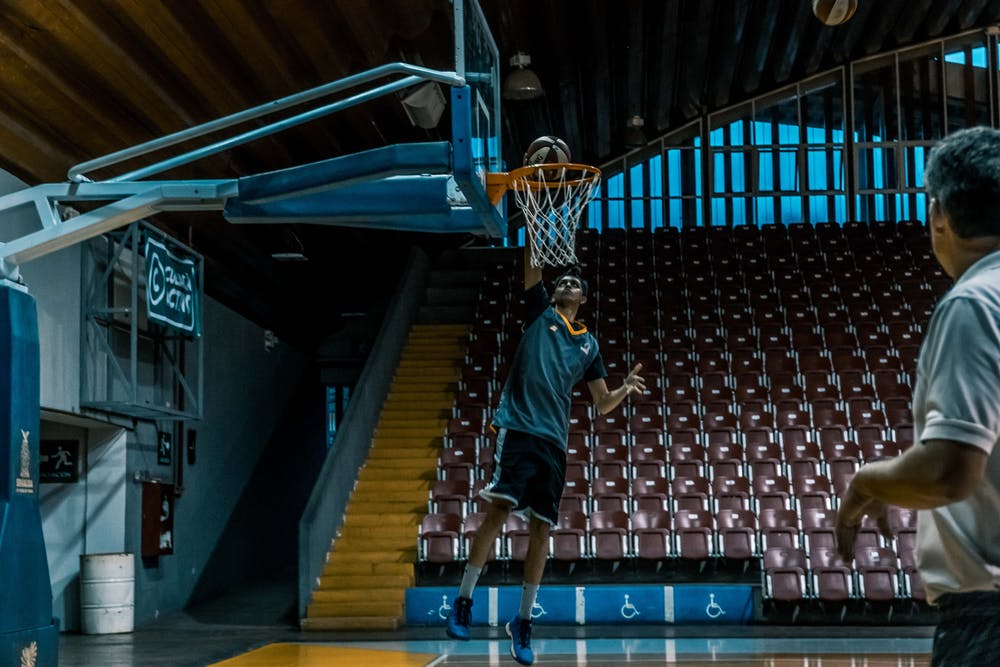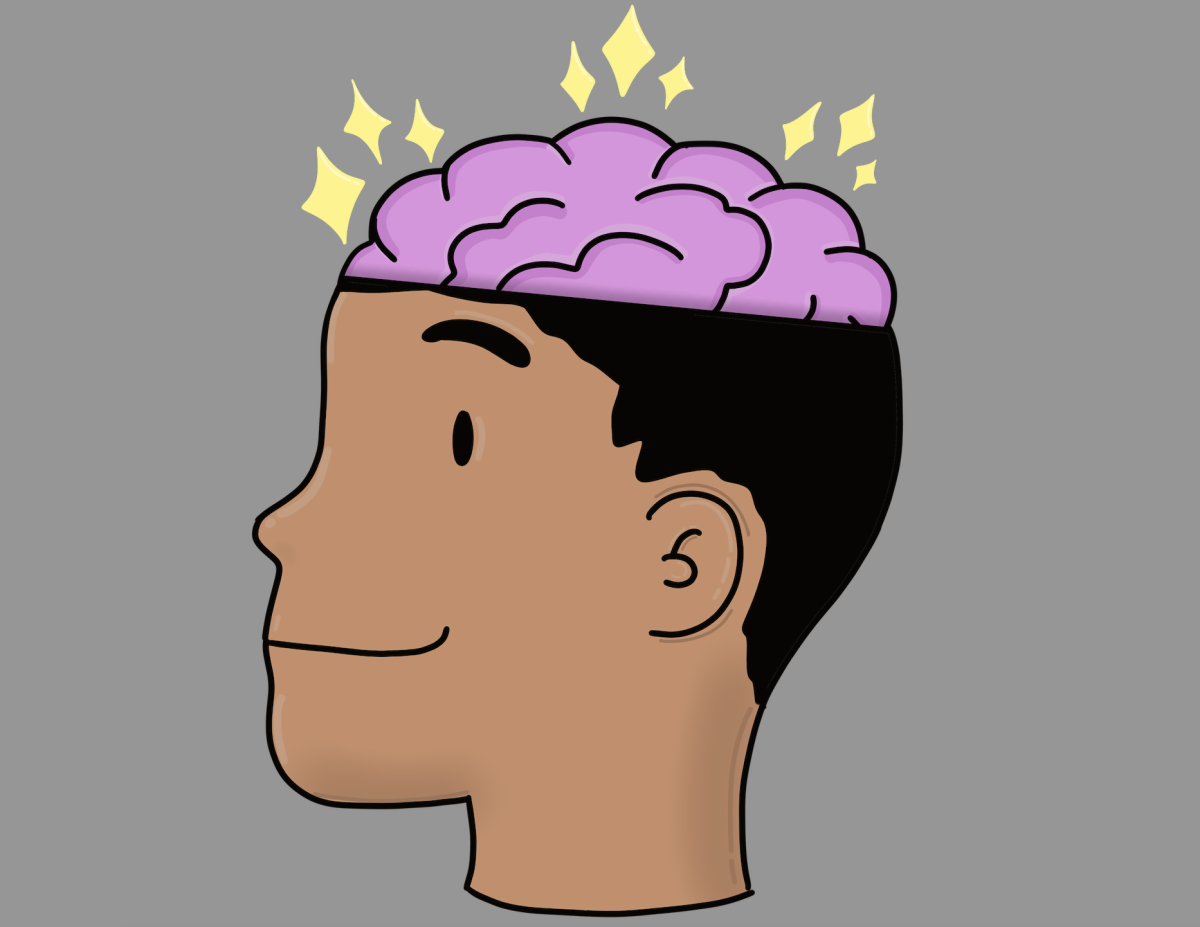
Off-season training has evolved into one of the elemental foundations for success in sports. Such as Kobe Bryant, who’s offseason training regimen consisted of six hours a day, six days each week of training. These six months of the year was when he would work on perfecting his craft and building his strength. As a result of his extraordinary work ethic, Kobe Bryant ended his NBA career as a five-time champion and is recognized as one of the greatest players of all time.
Offseason training is not only important for professional athletes, but all athletes. Scientists over the years have studied the beneficial effects of offseason training for athletes at all levels. A Channell study found that a group of high school male athletes that participated in both Olympic type weight-training and plyometric exercises over a six-week time period experienced an astounding 11% increase in their vertical jump. In a second study, the control group (those that did not workout over the offseason) experienced a 2.8% decrease in their vertical jumps. The two comparison groups that performed either Olympic or power- lifting throughout the offseason underwent 4.5% and 2.3% increases in their vertical jumps, respectively. Researchers concluded that an athlete’s “vertical jump performance can be expected to improve as a result of training, and the degree of improvement is relative to the mode, frequency, and intensity of training as well as the training experience of the subjects”. These studies also suggest that ballistic type weightlifting that utilizes rapid force development can produce greater gains in athletic performance.
While offseason workouts benefitting a player’s strength and conditioning are common knowledge, another less-known incentive to offseason training is that it can significantly reduce injuries. As stated by Rothman Orthopedics, an orthopedic practice affiliated with Jefferson Health System and the official orthopedic consultants for the Philadelphia 76ers, Phillies, Flyers, and Eagles, strength and conditioning training throughout the offseason can prevent tears in ligaments and muscles. According to Rothman Orthopedics, strength training during the offseason has demonstrated a reduction in injuries by 67% and it also reduced overuse injuries by almost 50%. Thus, training serves to not only enhance performance, but also to ensure consistent participation in practice and competition.
Here at LM, many varsity athletes and coaches utilize offseason training in order to make strides in their performance during the season. Varsity basketball player Sam Brown ’23 stated that offseason training is important because an athlete doesn’t “get that much better during the season – the main time to improve is [during the] off season.” One way Drew Hollowell ’23, a Division 1 baseball hopeful, prepares for the season is by “mentally just taking a step back and visualizing my at bats gets me ready for the season and to feel comfortable in the box.” Assistant varsity baseball coach Brandon Musselman stated that “the offseason is where you work on trying to perfect everything with your game. You can change something that hasn’t been working for you, and try it out in practice. It is prime time to hit the weight room as that will not interfere with your ability to play on the field.” Colin Quinn, an assistant varsity football coach, confirms prior statements claiming that, “It is difficult to train for strength during the season as football players exhaust their muscles with in season activity. This makes off-season lifting and agility work that much more important. We also train on skills/plays that allow us to focus on specific skills in season.” By preparing physically and mentally during the offseason, each of these coaches and athletes have been able to strive for success during their seasons.
Offseason training has emerged as an essential component of a successful athlete’s preparation. The optimal approaches to improve strength, conditioning, skills, and mental preparedness are still evolving. The future success of high school athletic programs relies on the willingness of athletes and their approaches toward training during the offseason.







